Designed by Louis I. Kahn in Ahmedabad between 1962 and 1974, the Indian Institute of Management (IIM) is considered to be one of his mature works and one of the most monumental buildings he conceived.
Initially involved only as a consultant, this project challenged him with new and unparalleled questions concerning the management of a “remote” construction site in a country where he was not familiar with tradition and methods such as India in the aftermath of its independence (1947). The reconstruction in detail of the multifaceted events of the design of the architectural complex, made it possible to highlight the significance that the IIM assumed within the broader cultural policy initiated by the Indian government and the different roles played by the protagonists involved. In particular, it retraced the working method developed by Kahn, underlining his obsessive attention to the construction details which define the overall shape of the buildings that were left with no cladding. The IIM’s focus on the various phases has also become a matter of urgency in recent years, since only a few years after the completion of the construction site the walls have begun to show the first signs of degradation which remain unsolved still today.
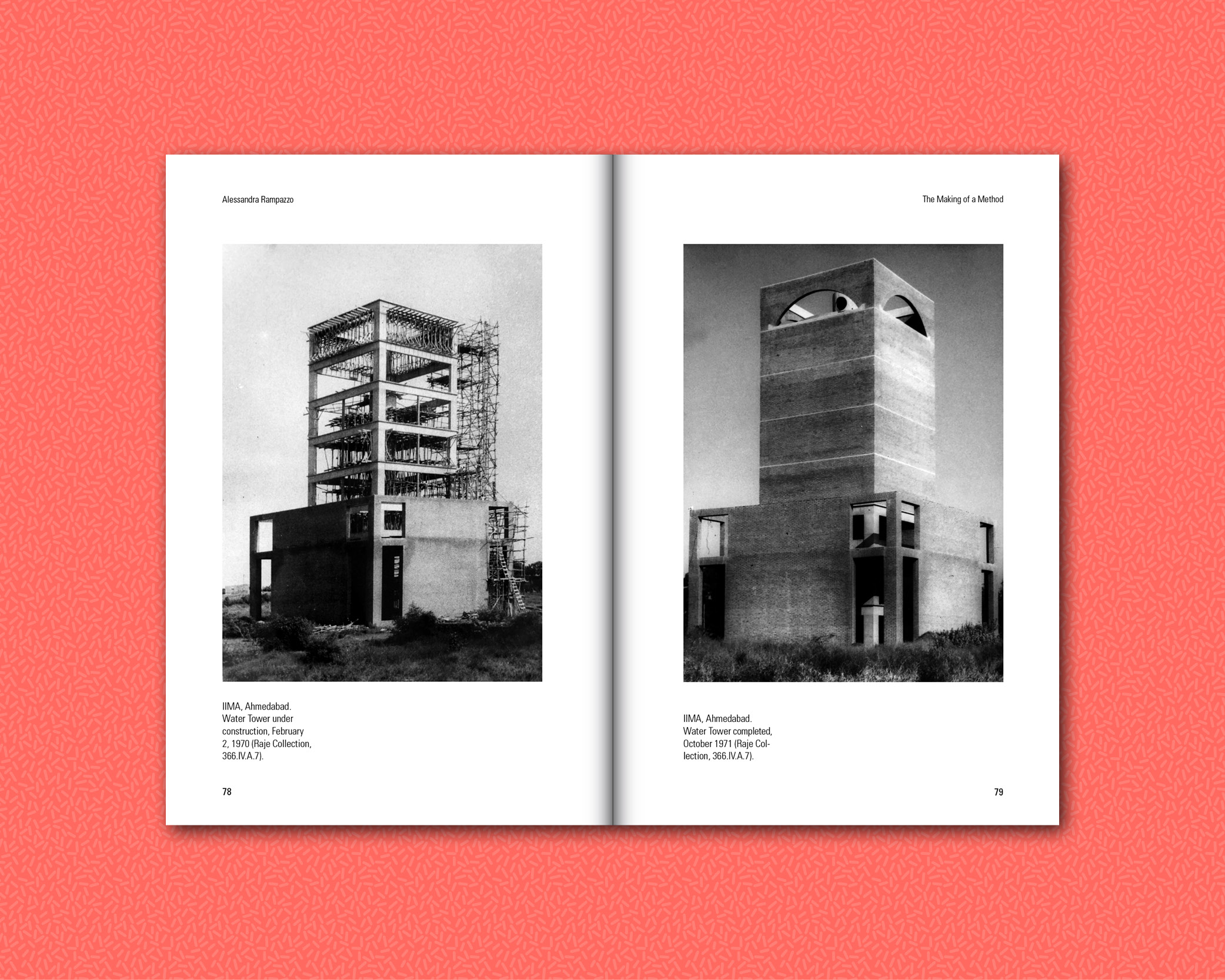
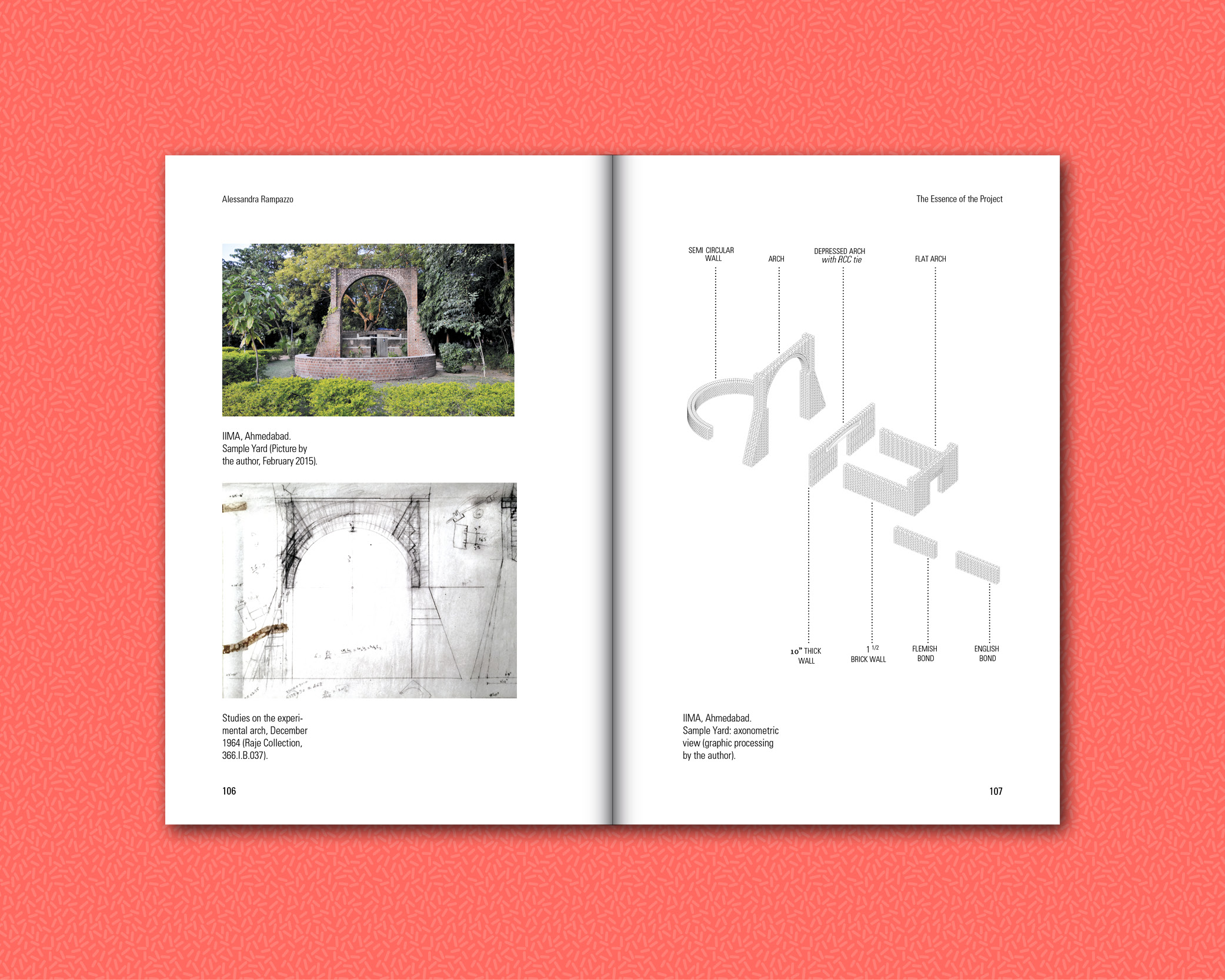
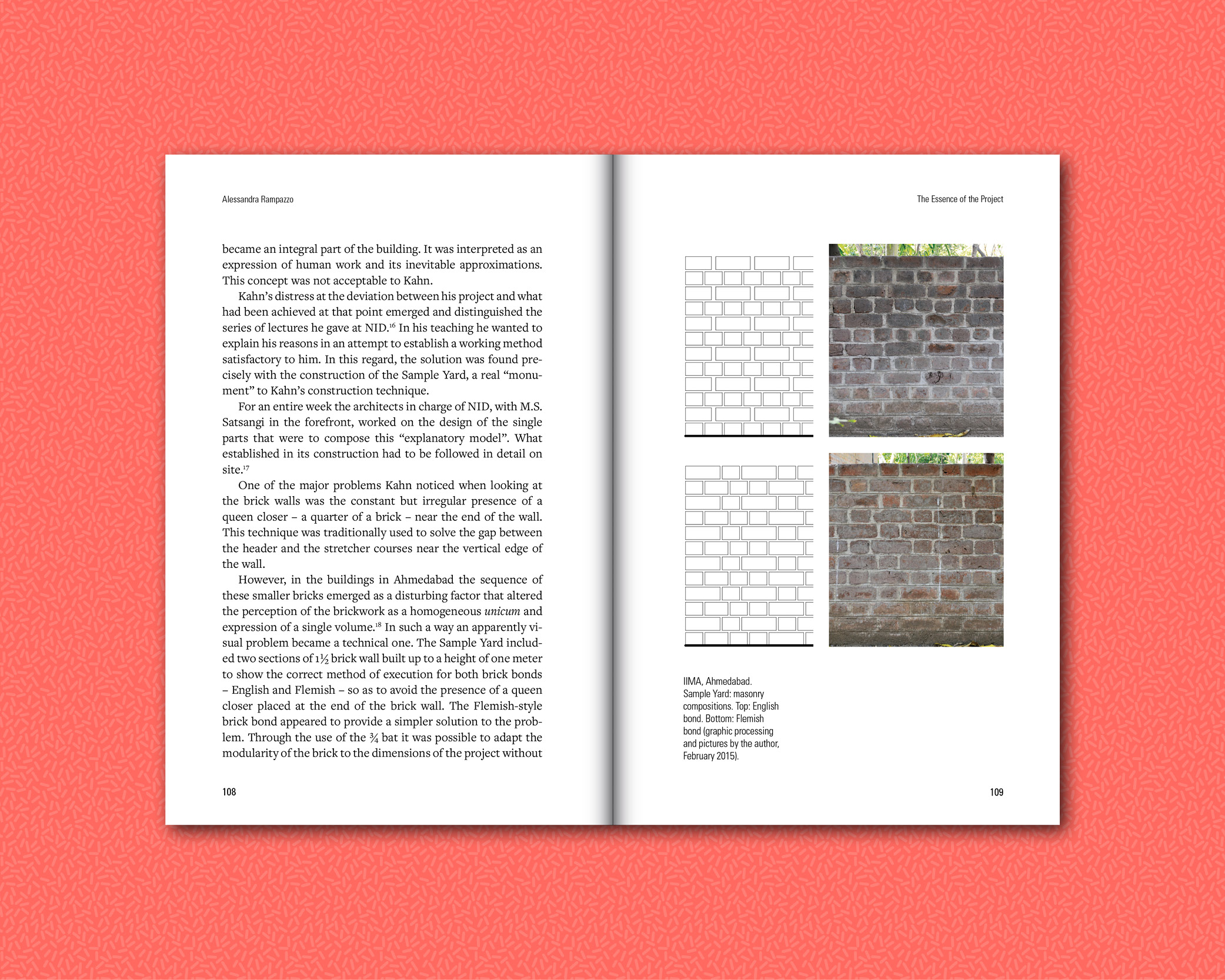
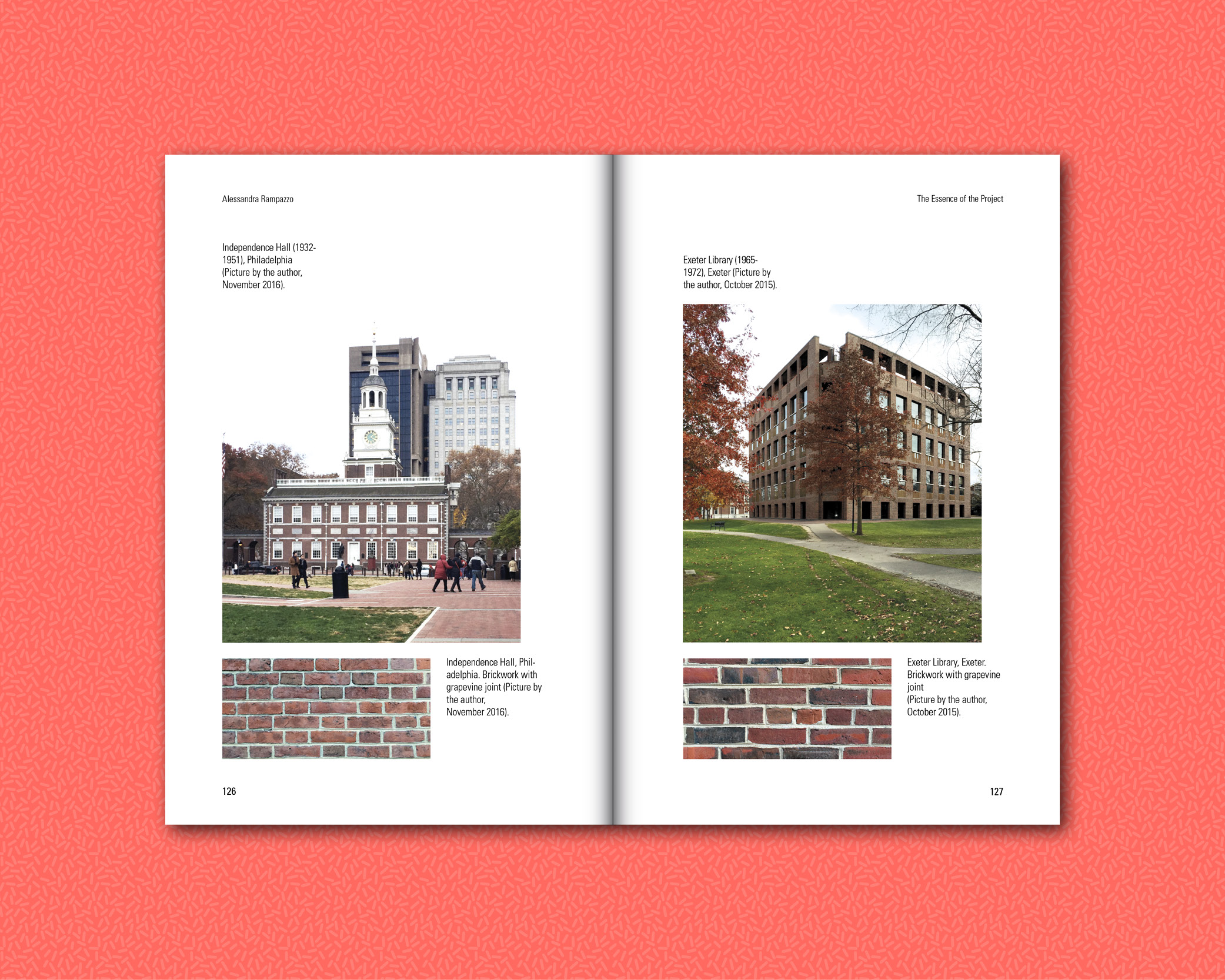
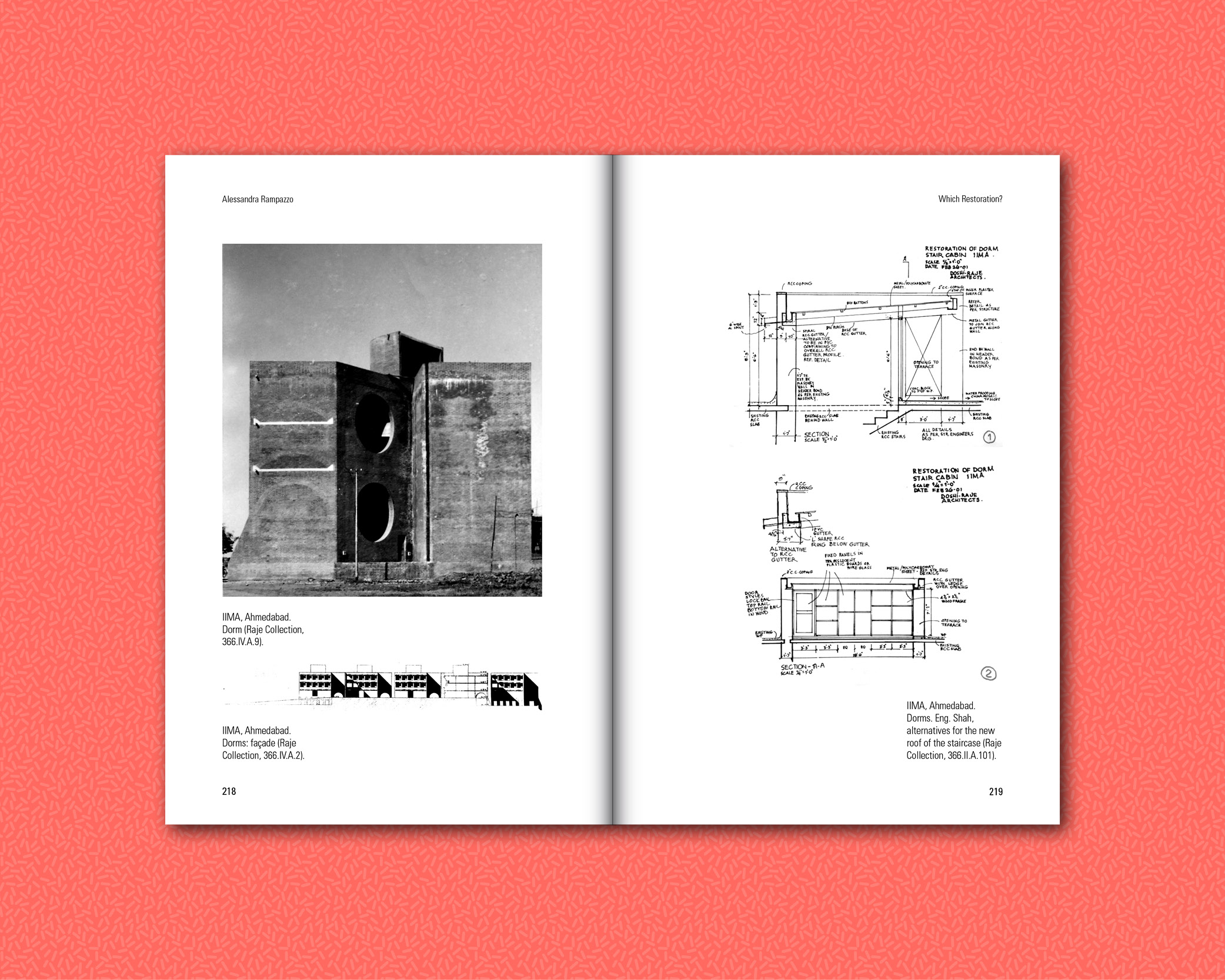
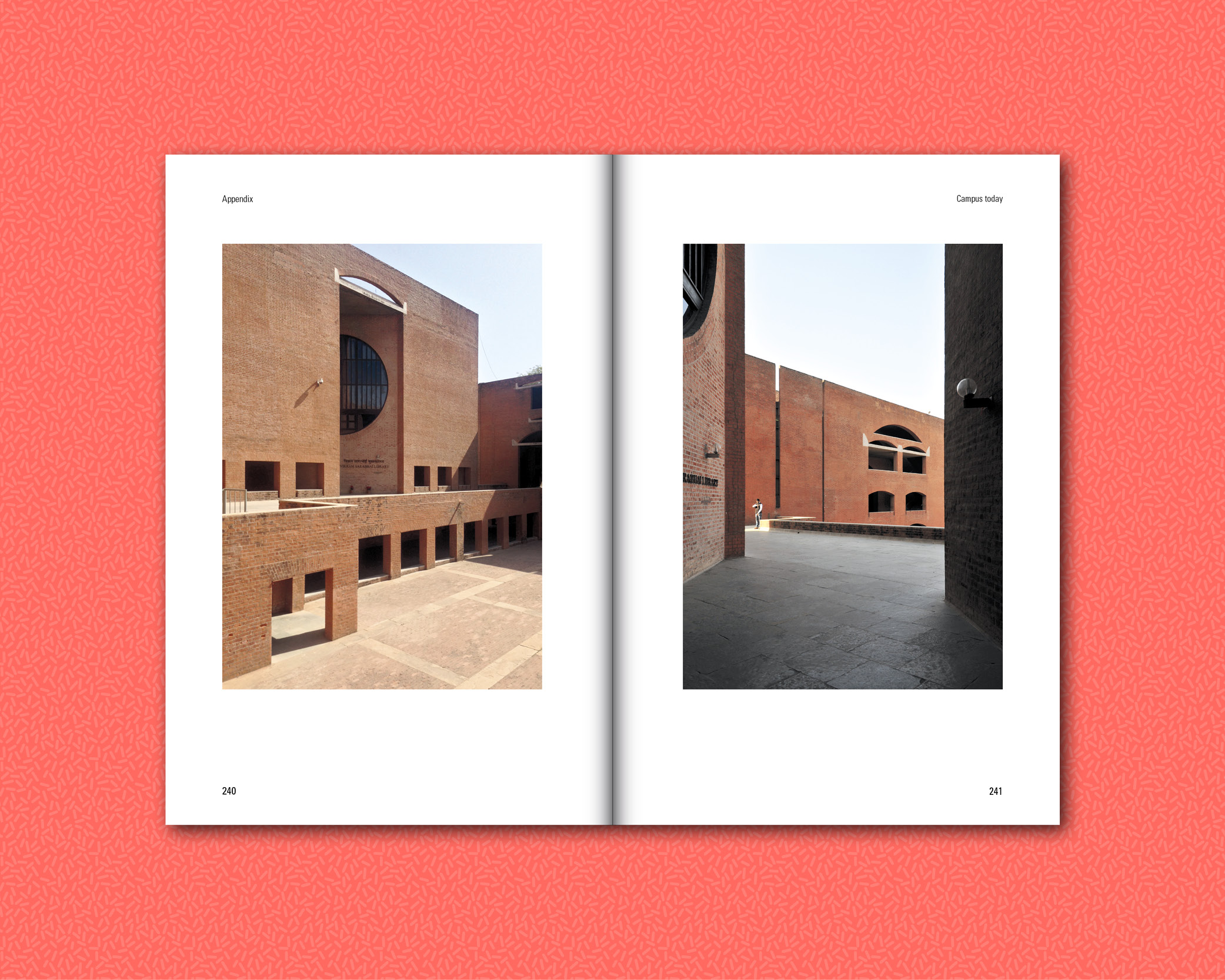
Available in ebook version